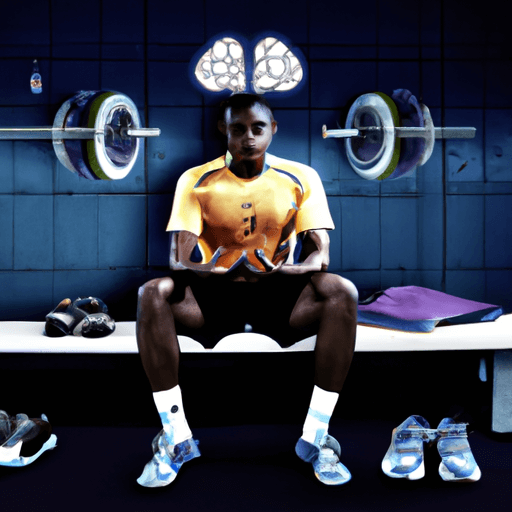The Critical Role of Mental Health in Athletic Performance
Athletes, both professional and non-professional, often find themselves under immense pressure. This article explores the correlation between an athlete's mental health and their performance capabilities.
The Pressure of Competition
It's common to think that physical abilities alone determine an athlete's success. However, it's underestimated how crucial the mental state of an athlete is. The pressures they face can be immense, from the desire to achieve personal bests, the demand to win, and the expectations of coaches, teammates, and fans. Such pressures can lead to serious mental health issues such as anxiety, depression, and burnout, which can have a significant impact on their performance.
The Role of Sports Psychologists
Sports psychologists play a pivotal role in developing strategies that help athletes maintain peak mental health condition. They teach athletes how to handle stress, maintain focus during competitions, further develop resilience, and handle the pressures of the game. Sports psychologists utilize several strategies, including mindfulness, cognitive-behavioral techniques, and positive self-talk, to enable athletes to get the best out of themselves.
Long-term Effects of Poor Mental Health
Without adequate mental health support, athletes could face detrimental long-term effects. These include substance abuse, poor career performance, and even early retirement. Additionally, unresolved mental health issues in athletes can extend into their post-career lives, seriously affecting their quality of life.
Real-life Case Studies
Numerous athletes have come forward over the years to share their personal battles with mental health. For instance, NBA star Kevin Love revealed his struggles with anxiety and depression. Similarly, Michael Phelps, the most decorated Olympian of all time, sought help for his issues with depression and suicidal thoughts. Their openness about their battles with mental health helps break down the stigma and induces conversations about mental health in sports.
Advocacy for More Mental Health Support
Despite the increasing attention to this issue in recent years, the athletic community needs to do more for its athletes' mental health. Some necessary steps include advocating for comprehensive support services, educating athletes on mental health, and more robust mental health policies to help them manage their mental health as securely as they manage their physical health.
At the end of the day, athletes are human too. Their physical and mental health are intertwined and equally important for their overall well-being and career performance. The sports community must further emphasize this importance and take necessary actions to address it.


















Comments
Leave a Comment